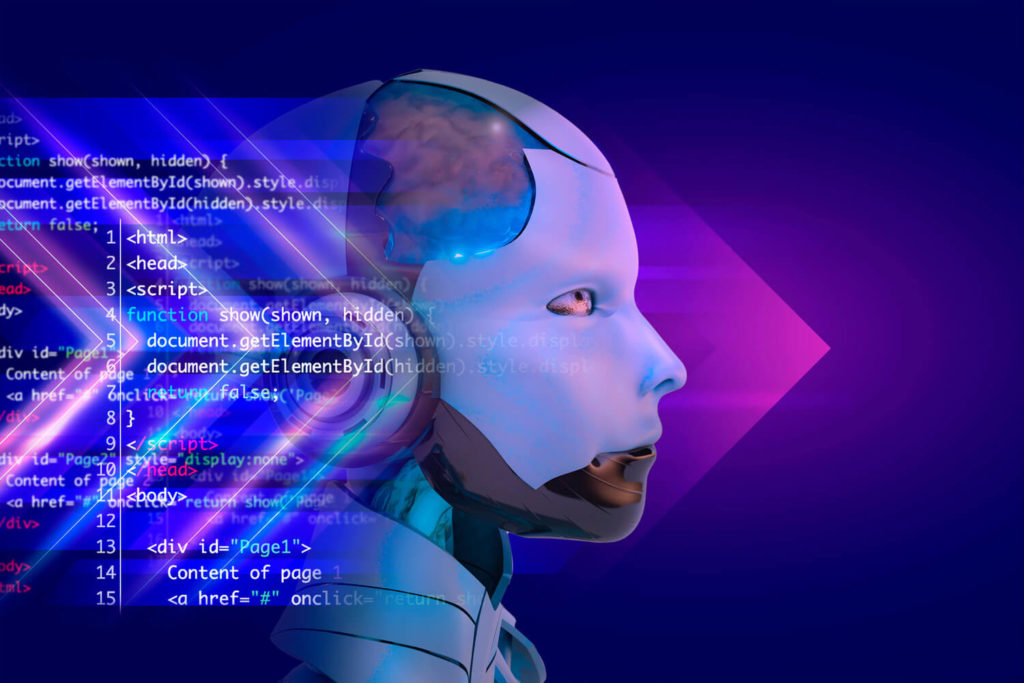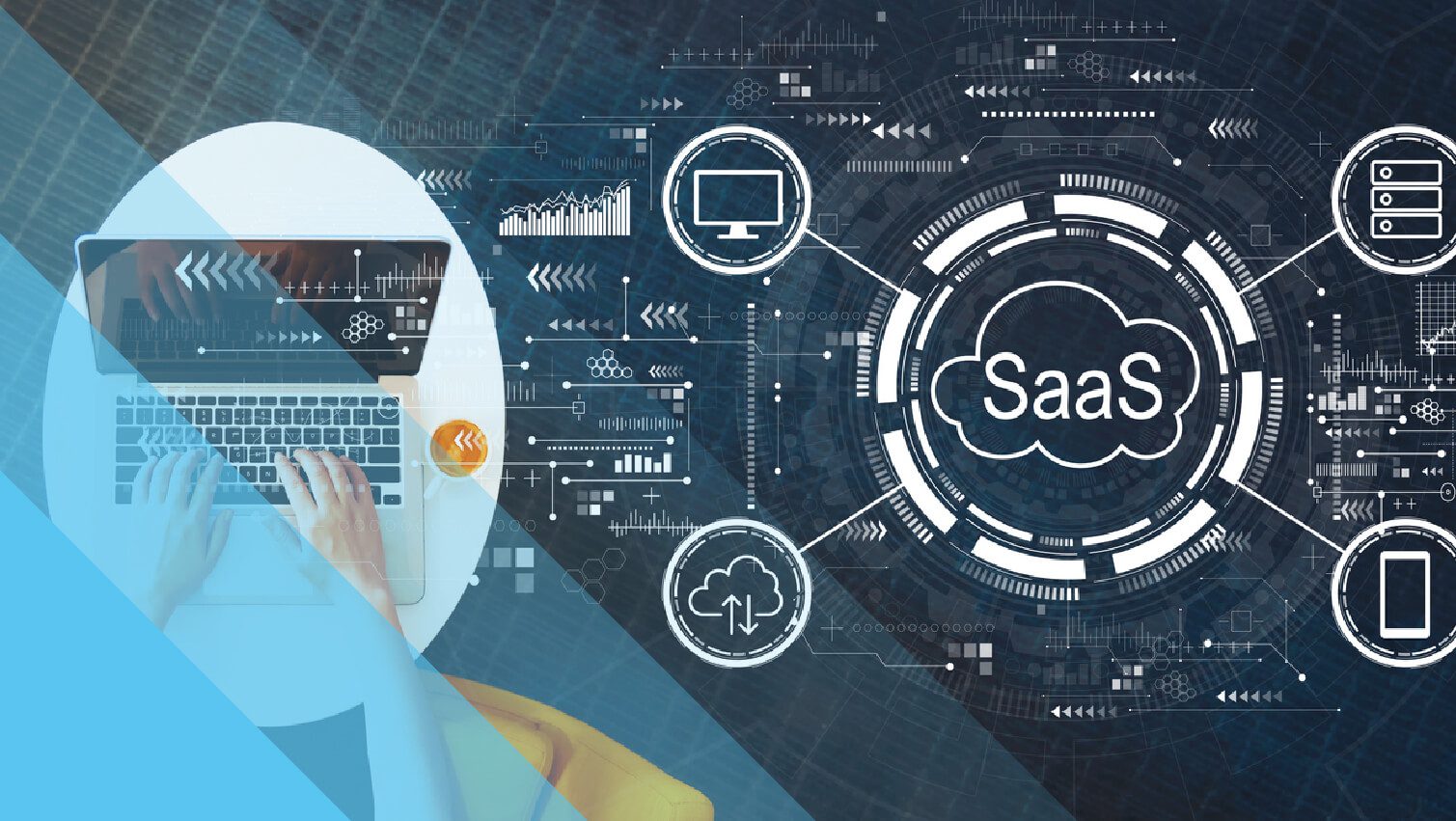
Artificial Intelligence (AI) is not just a buzzword; it’s a revolutionary force transforming countless industries, including software development. For software developers, tech enthusiasts, AI innovators, and business leaders, understanding how AI is reshaping their field is crucial. This blog post will explore the profound impact of AI on software development, discussing automation, tools, challenges, and future predictions. By the end, you’ll see why integrating AI into your development workflows is not just beneficial but essential.
How AI is Reshaping the Software Development Process
Automation of Coding Tasks
AI is dramatically changing how developers write code. Algorithms can now automate repetitive coding tasks, freeing developers to focus on more complex and creative aspects of software development. Platforms like OpenAI’s Codex can generate code snippets from natural language descriptions, allowing developers to work more efficiently and reduce errors.
This automation enhances productivity and reduces the time-to-market for new applications. Companies leveraging AI in their development processes gain a competitive edge, delivering software solutions faster and with fewer bugs. It’s a game-changer that every developer and tech leader should consider integrating into their workflows.
AI in Software Testing and Debugging
Testing and debugging are crucial stages in software development, often requiring significant time and resources. AI is revolutionizing these stages by automating the detection of bugs and vulnerabilities. Tools like Testim and Applitools use machine learning algorithms to identify potential issues, suggest fixes, and even conduct automated tests.
By implementing AI-driven testing and debugging, developers can ensure higher quality code and more stable software releases. This not only saves time but also enhances user satisfaction and trust in the end product. The integration of AI in these processes is essential for any modern development team.
AI Tools and Frameworks Transforming Development
Popular AI-Enabled Development Tools
Several AI tools and frameworks have emerged, making it easier for developers to integrate AI into their projects. TensorFlow, PyTorch, and Azure Machine Learning are among the most popular platforms that offer robust features for building and deploying AI models.
These tools provide pre-built model libraries and frameworks, simplifying the AI integration process. Developers can leverage these resources to create intelligent applications without needing extensive AI expertise. These platforms also offer community support and documentation, making them accessible to both novice and experienced developers.
Enhancing Development Efficiency
AI-enabled tools are designed to streamline various aspects of the development process. For instance, GitHub Copilot uses AI to suggest code completions, improving accuracy and speed. By incorporating such tools, development teams can enhance their efficiency and deliver high-quality software products more quickly.
These tools are not just for coding; they can assist in project management, version control, and even user experience design. The versatility of AI tools makes them invaluable assets for any development team looking to stay ahead in the competitive tech landscape.
Challenges and Opportunities for Developers in the AI Era
Skills Needed to Thrive
With AI becoming integral to software development, developers must adapt and acquire new skills. Proficiency in programming languages like Python and R, which are commonly used in AI, is essential. Understanding artificial intelligence and machine learning algorithms, data structures, and AI ethics are also crucial for developers aiming to excel in this AI-driven environment.
Continuous learning and staying updated with the latest AI advancements will ensure developers remain relevant and competitive. Many online courses and certifications are available to help developers upskill and stay ahead of the curve.
Ethical Considerations and Potential Challenges
While AI offers numerous benefits, it also presents ethical challenges. Issues like data privacy, algorithmic bias, and transparency must be addressed to ensure responsible AI usage. Developers and tech leaders must implement ethical guidelines and practices to mitigate these risks.
Understanding the ethical implications of AI in software development is crucial for maintaining user trust and compliance with regulations. Developers must prioritize ethical considerations in their projects to create fair and unbiased AI solutions.
Future Outlook
Predictions on AI in Software Development
The future of AI in software development looks promising, with continuous advancements driving innovation in AI software development services. AI is expected to become even more integrated into development workflows, with enhanced capabilities for predictive analytics, automated decision-making, and personalized user experiences. Emerging technologies like quantum computing and edge AI will further revolutionize software development. Developers who stay ahead of these trends will be well-positioned to leverage the full potential of AI software development services in their projects.
- Predictive Analytics: AI will be able to analyze vast amounts of data to predict user behavior, market trends, and potential challenges in development. This will enable developers to make more informed decisions and create more efficient, user-centric applications.
- Automated Decision-Making: AI algorithms will increasingly be used to automate complex decision-making processes, reducing the need for manual intervention and enhancing the speed and accuracy of software development.
- Personalized User Experiences: Leveraging AI, developers can create applications that deliver highly personalized experiences. AI can tailor content, functionalities, and interactions based on individual user preferences and behaviors, thereby improving user satisfaction and engagement.
- Quantum Computing: The integration of quantum computing in AI will unlock unprecedented computational power, allowing developers to solve complex problems that were previously infeasible. This will pave the way for innovative applications and solutions in various domains.
- Edge AI: With the rise of edge computing, AI processing will increasingly occur on local devices rather than centralized servers. This will reduce latency, enhance privacy, and enable real-time data processing, making AI applications more responsive and reliable.
Developers who stay ahead of these trends will be well-positioned to leverage the full potential of AI in their projects.
Recommendations for Integrating AI
To effectively integrate AI into your development workflows, start by identifying areas where AI can add the most value. Invest in AI training for your team and explore AI-enabled tools and frameworks that align with your project goals. Collaborate with AI experts and continuously evaluate the impact of AI on your development processes.
By taking these steps, you can harness the power of AI to enhance efficiency, improve product quality, and drive innovation. The integration of AI into software development is not just a trend; it’s a strategic move that offers long-term benefits.
Conclusion
AI is undeniably transforming software development, bringing unprecedented efficiency, accuracy, and innovation. From automating coding tasks to enhancing testing and debugging, AI offers numerous benefits that developers and tech leaders cannot afford to ignore. By staying informed about AI tools, frameworks, and ethical considerations, and by continuously upskilling, developers can thrive in this AI-driven era. The future of software development is intertwined with AI, and those who embrace this technology will lead the way in creating cutting-edge software solutions.






More Stories
Unlocking Startup Potential: Why Employee Monitoring Software is a Game-Changer in 2025
Ossisto Powers Your Growth with Smart Outsourcing
How a SaaS Marketing Agency Can Help Your Software Business Grow